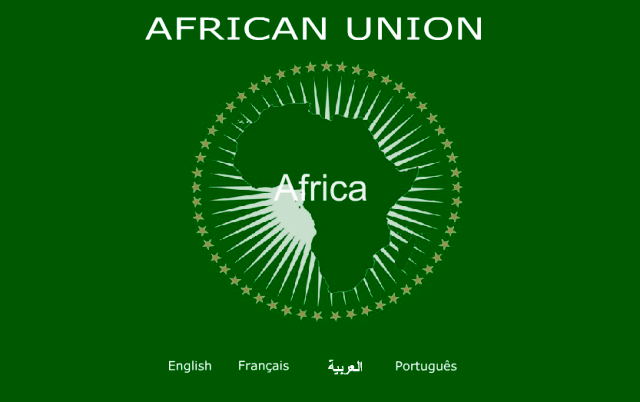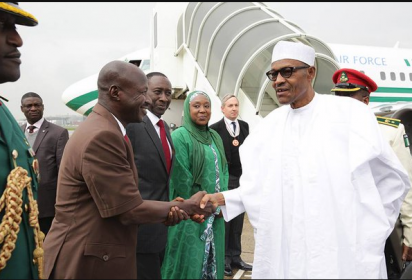News Analysis: AU’s Statement on US Travel Ban Highlights Diplomatic Weakness and Broader Failings
The African Union Commission (AUC) has issued a characteristically diplomatic yet ultimately toothless statement in response to the U.S. administration’s recent extension of travel restrictions affecting several African countries. In its communique, the AUC “respectfully appeals” to the U.S. government to adopt a more “balanced” and “consultative” approach, emphasizing the need for dialogue and mutual understanding.
While the statement maintains the traditional decorum of international diplomacy, it reveals more about the African Union’s chronic ineffectiveness than it does about any real capacity to influence global policy. Once again, the AUC finds itself relegated to the sidelines—issuing polite objections to policies that materially impact African citizens, yet lacking the political clout or unity to mount a meaningful response.
This latest episode underscores a long-standing criticism: the African Union talks a lot but does very little, particularly when it comes to defending the interests of African people on the global stage. Even on internal matters, the AU has consistently failed to address critical issues threatening stability and human rights across the continent.
Consider, for instance, the ongoing Ambazonia-Cameroon conflict—a war that has raged since 2017, displacing hundreds of thousands and resulting in widespread human rights abuses. The AU’s intervention? Almost nonexistent. Despite numerous calls for mediation and ceasefire, the African Union has offered little more than muted appeals for dialogue, without any real effort to hold the Cameroonian government accountable or support meaningful peace processes for the English-speaking regions of the country.
This contradiction—issuing diplomatic statements about U.S. visa policy while being unable to resolve devastating conflicts within its own member states—reflects the AU’s deeper structural issues: lack of enforcement mechanisms, political will, and coherence among member states. The body’s reliance on respectful appeals and behind-the-scenes diplomacy may serve to maintain appearances but does little to produce substantive outcomes either at home or abroad.
The travel ban statement rightly acknowledges the damage such U.S. policies can inflict on education, trade, and diplomatic ties. But for many Africans, the more pressing concern is not travel to America—it’s whether the African Union can ever rise to become a force that actually protects and advances African interests, both on the continent and globally.
As things stand, the AU appears content to be a ceremonial body issuing statements from Addis Ababa while Africa burns.





